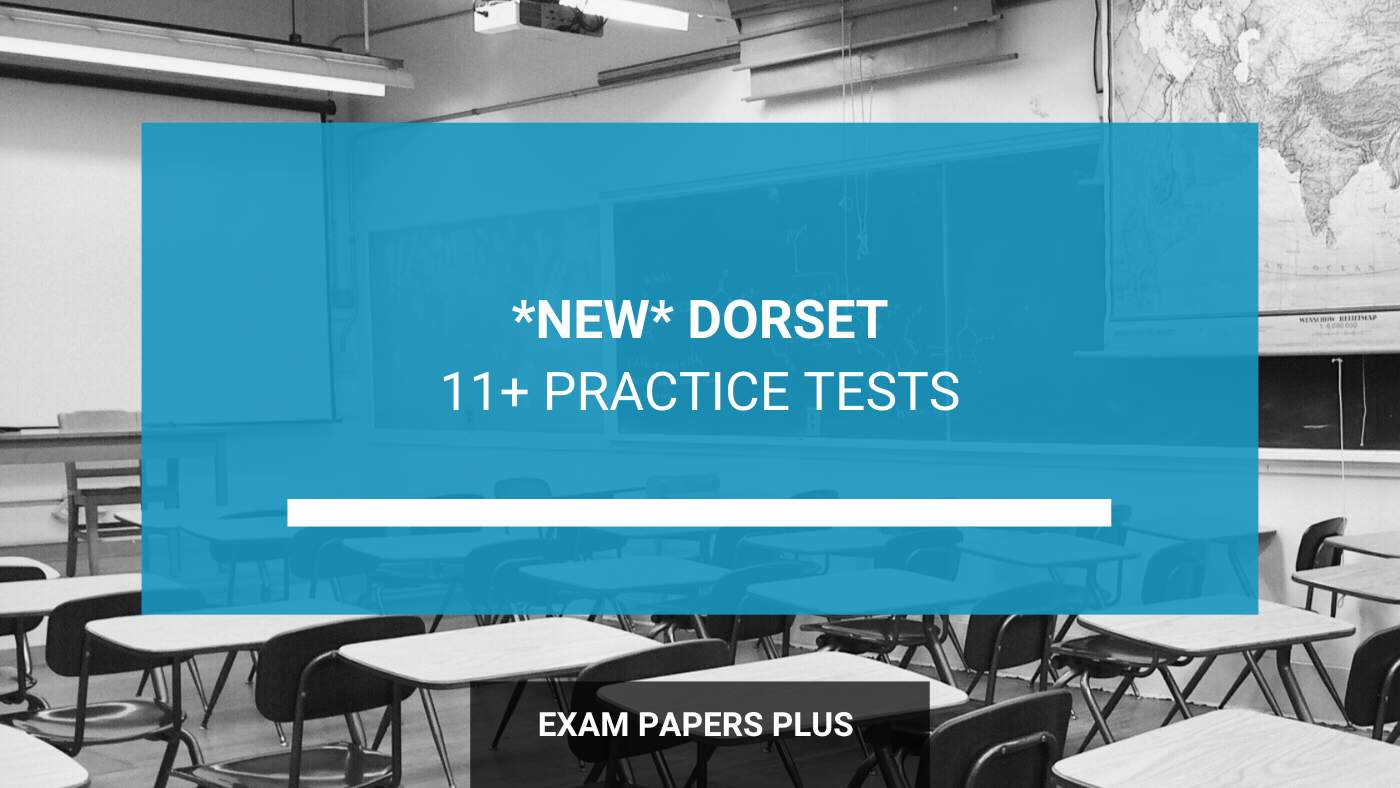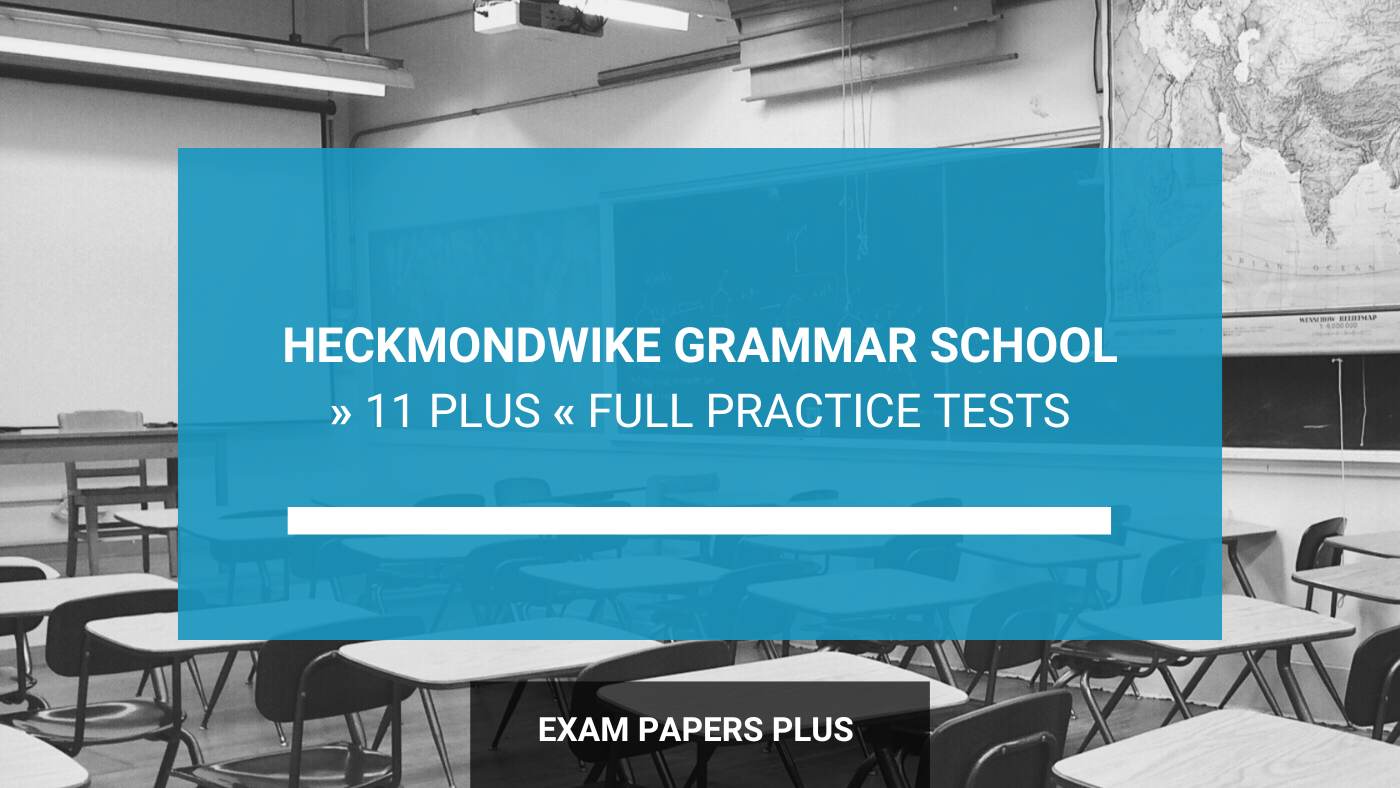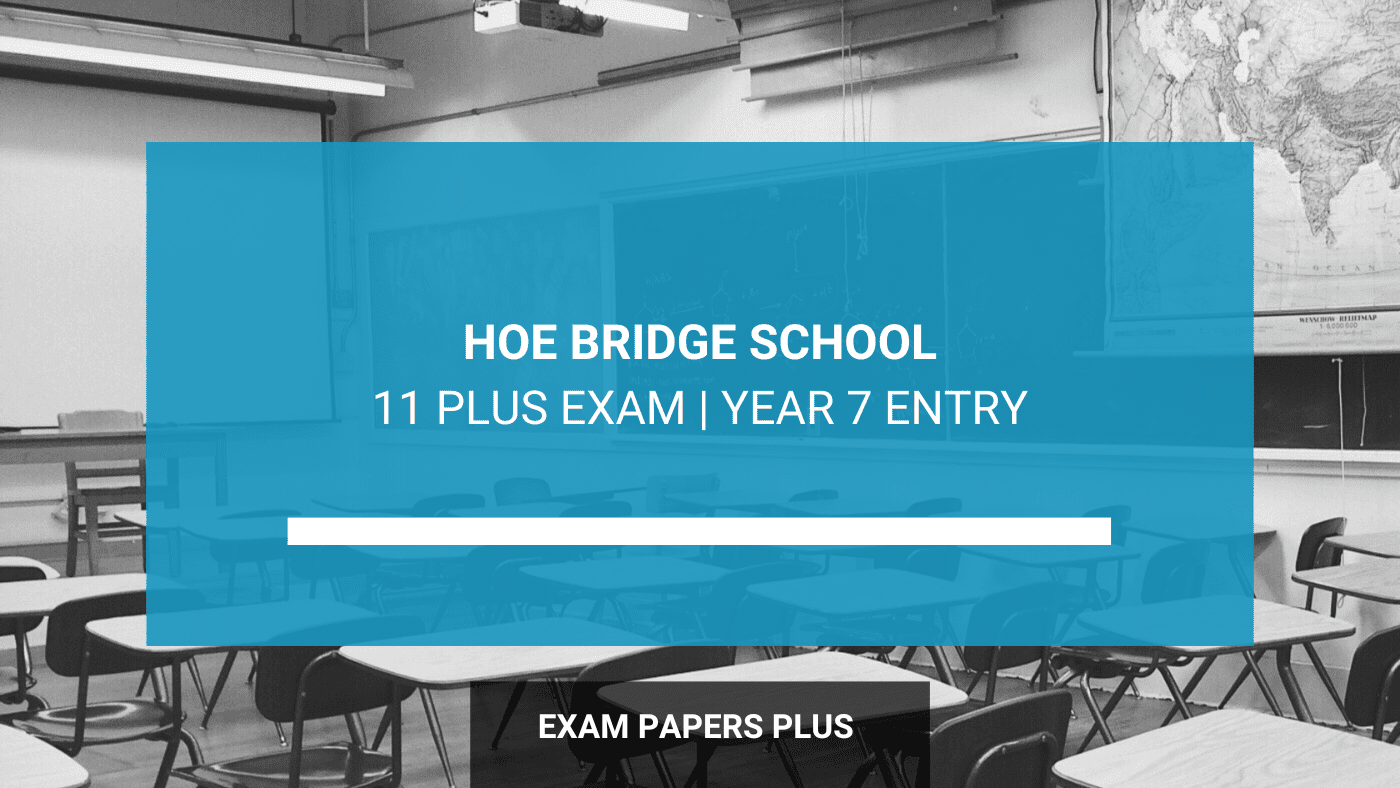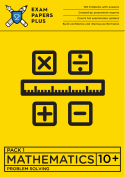
The 11 Plus English Exam: What You Need to Know
Bookmark this page? Pop your email into the box below to receive a link to this article so you can easily refer back to it later.
Table of Contents
Introduction
One of the first steps to preparing for the 11 Plus English exam is knowing what to expect from the test paper. Depending on the exam body that administers the test in your local area, the format of the exam paper can vary.
There are two main 11 Plus exam boards and although their exam formats contain some similarities, there are differences that will affect how your child prepares for the 11 Plus English test.
Granada Learning (GL) tests usually last around 45 minutes and present questions in multiple-choice format, whereas CEM (Centre for Evaluation and Monitoring) tests can contain both standard and multiple-choice formats. CEM tests focus on testing breadth of vocabulary and frequently include Cloze exercises.
Additionally, some schools prefer to administer their own 11 Plus English tests and so their exam format can be different from the typical exam board papers.
Whichever exam body administers your child’s 11 Plus English exam, the test papers will generally assess at least some of the following elements:
- Spelling
- Punctuation
- Grammar
- Vocabulary
- Literacy
- Comprehension
- Creative writing
How to Prepare for the 11 Plus English Exam
As with all 11 Plus preparation, it’s best to start early. Create a study timetable with your child in the months leading up to the exam and allocate specific days and times for revision. A study timetable can be as simple as an Excel spreadsheet or a wall planner.
Before you allocate specific topics to certain days, it can be really beneficial to know where your child’s strengths and weaknesses lie. This way, you can focus more study time on the areas that they need more help with.
One of the best ways of identifying your child’s current abilities is to use 11 Plus practice exam papers. It can be useful to introduce test papers early to gauge your child’s current level and then return to them in the lead up to the exam.
Focus on Improving Core Skills
Many of the core skills required for the English exam are covered within the Key Stage 2 Curriculum. If your child has a good grasp of the elements of KS2 English, then they should have a good grounding for the 11+. Encourage your child to read curriculum texts and to pay particular attention to English classwork and homework. It may be worthwhile revisiting your child’s coursework throughout the year, to further identify any weak areas.
When reviewing your child’s homework, be particularly vigilant with spelling, punctuation, sentence structure, grammar and vocabulary. Having a good grasp of the basics of English can really help when it comes to answering standard format questions in the exam.
Double Checking Spelling
Good spelling in the exam doesn’t go unnoticed, so it’s worthwhile spending some time making sure that your child has any commonly misspelt words covered. Spelling games and tests can make preparation more fun, so be sure to check out our post on revision games.
It can also be beneficial for your child to be aware of the various literary techniques and how similar sounding words are spelt. Some concepts that you may want to revise with your child can include:
- Antonyms: words with opposite meanings, e.g. good and bad.
- Compound words: a combination of words that have a single meaning, e.g. flowerpot.
- Homonyms: words that sound the same but a different meaning, e.g. allowed and aloud.
- Word groups: words that can be grouped together under a theme, e.g. sports.
- Synonyms: words that have similar meanings, e.g. walk and stroll.
Using Proper Punctuation
It’s important that your child knows how to use punctuation properly, especially for the comprehension and creative writing parts of the exam. Some of the punctuation points that your child should be able to demonstrate include:
- Capitalisation
- Commas
- Apostrophes
- Colons
- Semi-colons
- Ellipses (hyphens, brackets, dashes)
Try to identify any recurring punctuation mistakes that your child makes in their classwork, or homework, and take the time to work on putting them right.
Structuring Sentences
It’s important that your child is able to structure sentences properly so that they’re able to clearly express meaning. Make sure that your child knows how to structure the various different types of sentences, for example, simple, complex and compound and can write consistently in the appropriate tense.
Vocabulary and Literacy
Vocabulary and literacy skills go hand-in-hand. If your child is an enthusiastic reader, chances are that they already have a fairly broad vocabulary. However, if your child tends to shy away from reading texts, then encouraging them to read challenging books will help improve both these skills.
Reading can help your child identify and understand the various language devices that are tested in the English paper, such as parts of speech (e.g. nouns, pronouns, adjectives etc.) and figures of speech like similes, metaphors, hyperbole, onomatopoeia etc.
For a non-exhaustive 11 Plus reading list, check out our post A Reading List for the 11 Plus English Exam.
The 11 Plus English Comprehension Test

Most children will already have experience of doing comprehension exercises in class, where they are presented with a text and asked to answer questions on what they’ve just read. In the Eleven Plus English exam, the comprehension test is likely to be based on a fictional novel (like one of those listed in our reading list), or on a factual piece of text, like a newspaper article.
At Exam Papers Plus, we have English comprehension packs that can help your child get used to answering questions within a time limit.
It’s important that your child reads the whole text first, so that they understand the context of the questions that follow. They can then refer back to the text and look for clues that may indicate where the answer lies. Each question is allocated a certain amount of marks, so your child should know how many points they need to make in order to gain the maximum score.
The Creative Writing Essay

Some 11+ English tests include a creative writing paper. In some instances, the creative writing element may only be used for 11 Plus appeals purposes and won’t be scored as part of the overall exam. However, every school is different, so you should double-check whether this paper will contribute to their final score.
The 11 Plus creative writing test normally asks the student to either write from a personal perspective, persuade, explain, or describe a topic. The topic itself can vary greatly from school to school. Some topic examples could include:
- Somewhere that inspires you.
- An adventure.
- A favourite memory.
- Should pupils have to wear school uniform?
- The importance of family.
The Eleven Plus creative writing paper is normally marked based on how well the essay has been planned, i.e. the composition, as well as the student’s use of vocabulary, grammar, punctuation, etc.
Pupils can get ahead of the game by practising their creative writing before the exam. It can help to have three or four ‘stock’ stories already written that your child can draw inspiration from on the day.
Using Practice Exam Papers
At Exam Papers Plus, we believe that using practice exam papers is one of the most effective methods for preparing for the 11 Plus English exam. Not only do they help your child familiarise themselves with the layout of the exam, but they encourage good time management too.
About half way through your child’s study schedule, you should introduce practice papers so they have time to get used to answering questions under timed conditions.
Bookmark this page? Pop your email into the box below to receive a link to this article so you can easily refer back to it later.
















